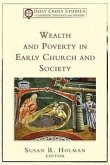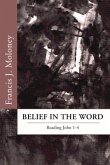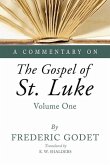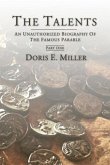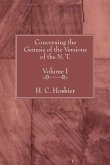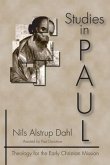A sociological reading of the New Testament texts continues to gain momentum. Maynard-Reid has now added an important contribution to that growing corpus which amounts to a re-reading of the text. The author is aware of the methodological problems of relating sociological theory to detailed exegesis. While the author is attentive to and knowledgeable about such theory, the book consists primarily in four careful, disciplined, tightly reasoned, fully documented exegeses. The case is carefully built to evidence a community summoned to an ethic that had dangerous public, economic implications. It is obvious that a new set of questions permits the text to have a new voice, one we must learn to hear and heed. Walter Brueggemann, Professor Emeritus, Columbia Theological Seminary By holding the biblical text within a clear social focus, the author is able to assess soberly the merits and limitations of previous exegetical treatments of the Epistle of James. By a thoroughgoing practice of grammatical criticism, Maynard-Reid sharply illuminates the class option of this epistle on behalf of suffering Palestinian poor in the period before the fall of Jerusalem in 70 C.E. Norman K. Gottwald, Professor of Old Testament, Pacific School of Religion Pedrito U. Maynard-Reid gives us a superb introduction both to the book of James and to the sociological study of the New Testament. He argues convincingly that James comes to us from a situation of oppression and thus is united as a theology of suffering ('heidensteologie') - specifically the suffering of the poor and oppressed. Thomas Hanks, Professor of Old Testament, Seminario Biblico Latinoamericana, San Jose, Costa Rica Maynard-Reid has treated the subject thoroughly. Readers of this book will stop pushing camels through the eye of the needle. Abraham Terian, Professor of Armenian Patristics, St. Nersess Armenian Seminary, New Rochelle, New York
Hinweis: Dieser Artikel kann nur an eine deutsche Lieferadresse ausgeliefert werden.
Hinweis: Dieser Artikel kann nur an eine deutsche Lieferadresse ausgeliefert werden.


